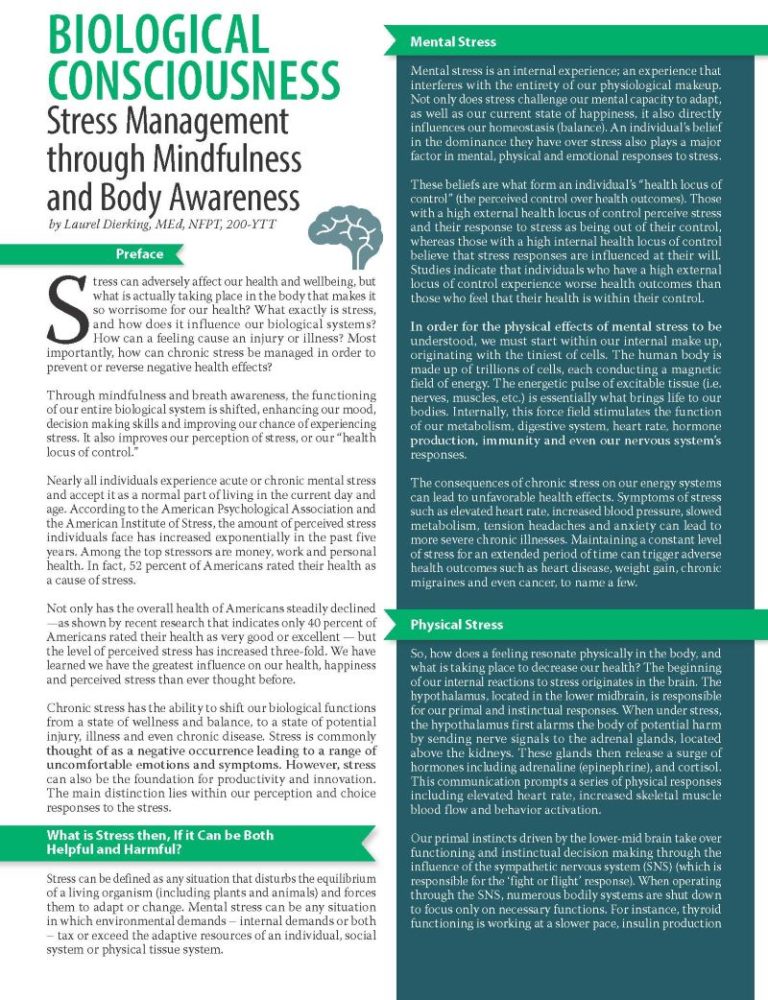Weight loss involves losing body weight, while weight management focuses on maintaining a healthy weight long-term. Managing weight entails making sustainable lifestyle changes to prevent regaining lost weight.
This involves a balanced diet, exercise, and behavior modifications to support long-term success in maintaining a healthy weight. Weight loss, on the other hand, typically involves short-term strategies like crash diets and exercise fads, which may not be sustainable in the long run.
Effective weight management aims for overall well-being and health, ensuring that one can maintain their desired weight and avoid fluctuations that can negatively impact their health and quality of life. By understanding the key differences between weight loss and weight management, individuals can make informed choices to support their health goals.
Key Differences
Weight loss refers to the process of shedding excess body weight, while weight management involves maintaining a healthy weight over the long term.
Weight Loss Vs. Weight Management
Weight loss is the act of reducing body weight, often with the goal of achieving a specific number on the scale, whereas weight management focuses on maintaining a healthy weight and making sustainable lifestyle changes to support overall well-being.
Purpose Of Weight Loss
The purpose of weight loss is typically to achieve a desired weight, address health concerns related to excess weight, or improve physical appearance.
Lifestyle Changes For Weight Management
Weight management involves adopting healthy eating habits, engaging in regular physical activity, and making long-term behavioral changes to support weight maintenance.

Credit: www.obesityaction.org
Impact On Health
Weight loss refers to the process of shedding pounds, while weight management involves maintaining a healthy weight in the long term. Crash diets and exercise fads may help with weight loss in the short term, but sustainable methods like a balanced diet and regular physical activity are crucial for successful weight management.
Short-term Vs. Long-term Effects
Weight loss: Initial rapid weight loss can lead to nutrient deficiencies. Weight management: Sustainable approach, preserving muscle mass, and long-term health.
Nutritional Requirements
Weight loss: Often restrictive diets may lack essential nutrients. Weight management: Balanced nutrition crucial for overall well-being.
Physical Activity
Weight loss: Focus on calorie burning exercises for quick results. Weight management: Regular exercise for weight maintenance and health benefits.
Psychological Aspect
Understanding the psychological aspect of weight loss and weight management is crucial for long-term success in achieving and maintaining a healthy weight. It goes beyond just physical changes and involves Mindset During Weight Loss and Behavioral Changes for Weight Management.
Mindset During Weight Loss
- During weight loss, individuals often experience various mental challenges and emotions.
- The mindset plays a significant role in staying motivated and focused on the weight loss journey.
- Positive self-talk and setting achievable goals are essential for a strong mindset during weight loss.
Behavioral Changes For Weight Management
- Weight management requires sustainable behavioral changes for long-term success.
- Adopting healthy eating habits and regular physical activity are key behavioral changes for weight management.
- Building a support system and practicing mindfulness can also aid in effective weight management.

Credit: lifemd.com
Support System
Professional Assistance
When it comes to weight management, seeking professional assistance from a certified nutritionist or dietitian can provide personalized guidance and tailored meal plans. Their expertise can help individuals make sustainable changes to their eating habits, ensuring long-term success in weight management.Community Support
Communities play a vital role in providing encouragement and motivation during the weight loss and management journey. Being part of a supportive community can offer accountability, as well as opportunities to share experiences and learn from others facing similar challenges, creating a sense of camaraderie in the pursuit of a healthier lifestyle.Self-monitoring Tools
Self-monitoring tools, such as mobile apps for tracking food intake and exercise, can aid in staying mindful of daily habits and progress. These tools enable individuals to monitor their weight, food consumption, and physical activity, empowering them to make informed decisions and stay on track towards achieving their weight management goals.Sustainability
Understanding the difference between weight loss and weight management is crucial. Weight loss typically involves short-term strategies like crash diets, while weight management focuses on maintaining a healthy weight for the long term through lifestyle changes and healthy habits. It’s essential to prioritize sustainable practices for lasting results.
Sustainable Practices
When it comes to weight loss and weight management, sustainability is a key factor that sets them apart. Sustainable practices are essential for long-term success in maintaining a healthy weight. Unlike weight loss, which often focuses on quick results through crash diets or exercise fads, sustainable weight management involves making long-term lifestyle changes that are maintainable. This means adopting healthy eating habits and regular physical activity as part of your daily routine. Here are some sustainable practices you can incorporate into your weight management journey:
- Eat a balanced diet: Focus on consuming a variety of nutritious foods that provide essential nutrients for your body. Include plenty of fruits, vegetables, lean proteins, whole grains, and healthy fats.
- Portion control: Pay attention to portion sizes and avoid overeating. Use smaller plates or bowls to help control portion sizes and prevent excessive calorie intake.
- Mindful eating: Practice mindful eating by paying attention to your body’s hunger and fullness cues. Slow down while eating, savor each bite, and listen to your body’s signals of satisfaction.
- Regular physical activity: Incorporate regular exercise into your routine. Aim for at least 150 minutes of moderate-intensity aerobic activity or 75 minutes of vigorous-intensity activity every week.
- Manage stress: Find healthy ways to cope with stress, such as practicing yoga, meditation, or engaging in hobbies you enjoy. Stress can lead to emotional eating and hinder weight management efforts.
Preventing Weight Regain
One common challenge in weight management is preventing weight regain after initial weight loss. Sustainable practices can help you maintain your weight and prevent regaining those pounds you worked hard to shed. Here are some strategies to prevent weight regain:
- Stay consistent: Stick to your healthy eating and exercise routine even after achieving your weight loss goals. Consistency is key to long-term weight management.
- Monitor your progress: Regularly track your weight, measurements, and body composition to stay aware of any changes. This will help you take necessary actions if you notice any significant fluctuations.
- Stay active: Continuously engage in physical activities that you enjoy. Find ways to incorporate movement into your daily life, such as taking the stairs instead of the elevator or walking during phone calls.
- Seek support: Surround yourself with a strong support system, whether it’s through friends, family, or joining a weight management support group. Accountability and encouragement can go a long way in maintaining your weight.
- Address emotional triggers: Understand and address the emotional triggers that may lead to overeating or unhealthy eating habits. Seek professional help if necessary to develop healthier coping mechanisms.
By implementing sustainable practices and being mindful of preventing weight regain, you can achieve long-term success in weight management. Remember, it’s not just about losing the weight, but also about maintaining a healthy weight for a lifetime.

Credit: www.semanticscholar.org
FAQs Of What Is The Difference Between Weight Loss And Weight Management
What’s The Difference Between Weight Loss And Weight Management?
Weight loss is shedding excess weight, while weight management involves maintaining a healthy weight long-term.
What Do You Mean By Weight Management?
Weight management involves maintaining a healthy body weight through long-term lifestyle changes such as a balanced diet and physical activity.
What Is Considered A Weight Management Program?
A weight management program involves long-term lifestyle changes to maintain a healthy weight. It includes healthy eating, exercise, and behavior modifications. While weight loss focuses on shedding pounds, weight management emphasizes maintaining a sustainable and healthy weight.
What Is My Weight Management?
Weight management refers to the long-term process of maintaining a healthy body weight. It involves making lifestyle changes such as eating a balanced diet and increasing physical activity levels. While weight loss focuses on shedding pounds in the short term, weight management aims to keep the weight off in the long run.
Crash diets and exercise fads may offer quick results, but they often aren’t sustainable. The key to weight management is adopting healthy habits that can be maintained over time.
Conclusion
Understanding the difference between weight loss and weight management is crucial for achieving long-term success. While weight loss focuses on shedding pounds, weight management involves maintaining a healthy weight through sustainable lifestyle changes. By incorporating balanced diet and regular exercise, individuals can effectively manage their weight, leading to better overall health and well-being.

